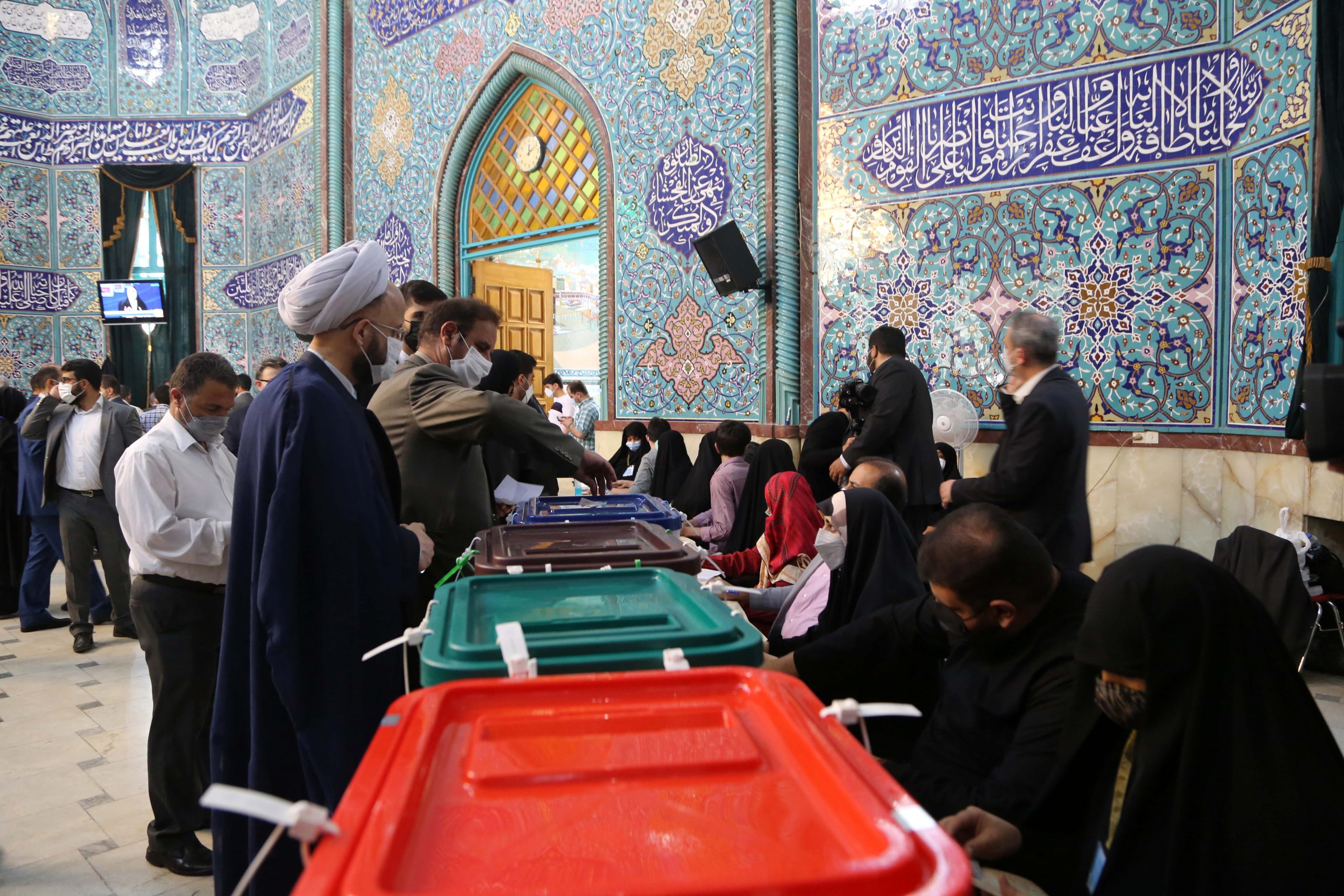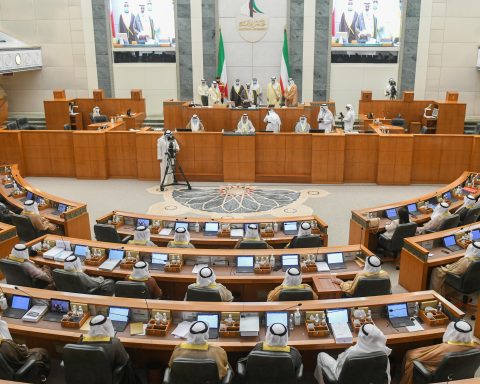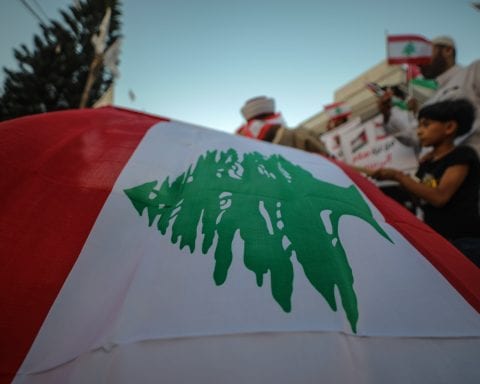Around 59 million Iranians are going to the ballot box to determine the new president of the country. According to the statement issued by the Interior Ministry, 1.3 million Iranians are going to vote for the first time, while 3.5 million Iranians will be voting abroad. However, the turnout is expected to be low, although successive callings were made by authorities, particularly the Supreme Leader Khamenei.
Going to polls earlier of the day, Supreme Leader Ayatollah Ali Khamenei reiterated his calling for a high turnout in the ongoing elections. Khamenei described today as a “day of the Iranian nation.” Along with Khamenei, other top government officials, including President Hassan Rouhani, Vice President Es’haq Jahangiri, and parliament speaker Baqar Ghalibar voted at different polling stations in Tehran. Also, top conservative and reformist figures have cast their votes.
Among them, Jahangiri was one of the reformist candidates whose application had been rejected by the Guardian Council, the top vetting body of the country.
In the ongoing election, four candidates are running to become the next president of the Islamic Republic following the dropping out of two conservatives and a moderate from the election on the last day of the campaign.
On Wednesday, first, moderate Mohsen Mehralizadeh and then former nuclear negotiator Saeed Jalili and hardline lawmaker Alireza Zakani quit from the running. While Mehralizadeh’s withdrawal is expected to support Hemmati, the other two candidates’ resignation will likely consolidate the hardline vote behind Raisi.
Thus, Judiciary chief Ebrahim Raisi, former head of Iran’s Central Bank Abdolnaser Hemmati, former IRGC chief Mohsen Rezaei, and former deputy parliament speaker Ghazizadeh Hashemi have remained in the race. They also voted at different polling stations and called on people to vote.
While the voting process is ongoing across the country, some reports indicating that disruptions had been detected at around 79 polling stations in the capital had emerged. Besides, delays were also reported in some places due to tardiness of necessary equipment.
It is expected that hardline candidate Ebrahim Raisi would win the race against his moderate opponent Abdolnaser Hemmati. If Raisi is elected, he would be the first president of the Islamic Republic who had been imposed sanctions by the US before taking office.
Iran is holding the presidential election at a sensitive time when the country is negotiating with world powers to revive the 2015 nuclear deal, is holding indirect talks with the United States to lift sanctions, and while the country is going through a severe economic crisis.














